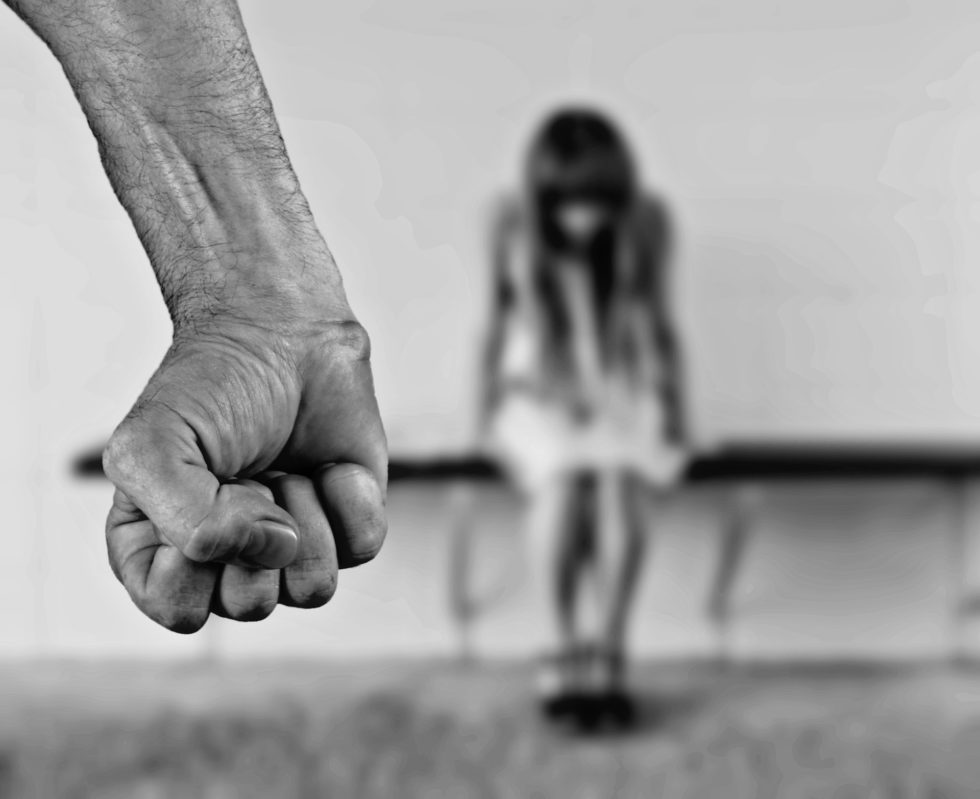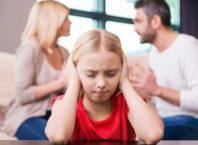The numbers of teen girls who are (or will be) involved in an abusive relationship are nothing short of staggering. The Bureau of Justice Special Report: Intimate Partner Violence conducted a study of girls ages 13-24; following is some of what the study revealed:
- Approximate 1/3rd of high school students have been or will be involved in an abusive relationship
- 40% of girls ages 14-17 know someone their age who has been hit, slapped, punched and/or beaten by a boyfriend
- A little less than 40% of date rape victims were young women from 14-17 years of age
- Teen dating violence is most likely to take place in the home of one of the partners
- One in five, 20%, of college students will suffer some form of abuse
- Almost 70% of girls who have been raped know their rapist; they may have been a boyfriend, platonic friend or an acquaintance (This is an extremely disturbing statistic; when most people think of rapists, they think of strangers committing the violence. In fact, young women are much, much more likely to be raped by someone they know and trust.)
- 45% of high school girls have already experienced some sort of abuse (sexual, physical or emotional).
There are a number of factors which contribute to abusive relationships among adolescents and teens; the largest contributor being how teens view themselves and others.
Some young men may believe:
- To be considered truly masculine, they must exhibit physical aggressiveness
- Controlling their female partners (in any way which works) is their right
- They should demand intimacy
- Showing kindness and affection are signs of weakness
- The girl in their life is their property; their possession
Some young women may believe:
- They have complete responsibility for resolving relationship issues
- Jealousy, possessiveness and abuse are signs that their boyfriends “love” them
- It is normal to be abused; they see so many of their friends suffering the same fate
- They are somehow responsible for the abuse (“I made him mad”, “I started it, it’s my fault”, etc.)
Even the most vigilant of parents may not know their child is in an abusive relationship. By the time some parents are made aware of the abuse many of their children have been suffering for years. The following is a list of warning signs that may indicate your teen may be in an abusive relationship:
- Signs of physical injury; bruises, scratches and broken bones are not uncommon
- Repeated unlikely excuses for injuries incurred; “I fell”, “I got my black eye when I bumped into a door”, etc.)
- Failing school grades; increased truancy; dropping out of school altogether
- Frequent, inexplicable mood swings
- Drug and alcohol use or abuse
- Isolation
- Uncontrollable emotional outbursts
- Pregnancy
Parents can help their teens to avoid abusive relationships by talking to them about their relationship rights. If you start to talk about setting boundaries at an early age (some experts believe age 10 is not too early to begin the dialogue) and continue to reinforce this message over time, you may be able to prevent your adolescent or teen from experiencing many forms of abuse.
Help your teens (boys and girls) to understand they have the right to:
- Refuse a date; for any reason – they don’t need to explain why
- Suggest activities that interest them
- Refuse to participate in activities; even if their date is pressuring them to
- Embrace their own feelings and freely express them
- Expect/demand to have their limits, ideas and values respected
- Have friends, other than their boyfriend/girlfriend
- Their own ‘space’
If you are involved in an abusive relationship you must remember that no one deserves to be abused or threatened in anyway. You must also remember that no one can change the abuser; but the abuser him/herself. No amount of understanding, kindness or forgiveness will change the abuser’s behavior.
Help is available
If you are being abused or even suspect that you are, find a trusted adult and talk to them about it. Your other options include finding an agency or shelter that works with abuse victims. There is no need to feel alone or helpless, many people are willing to help you put an end to the abuse you are suffering.






